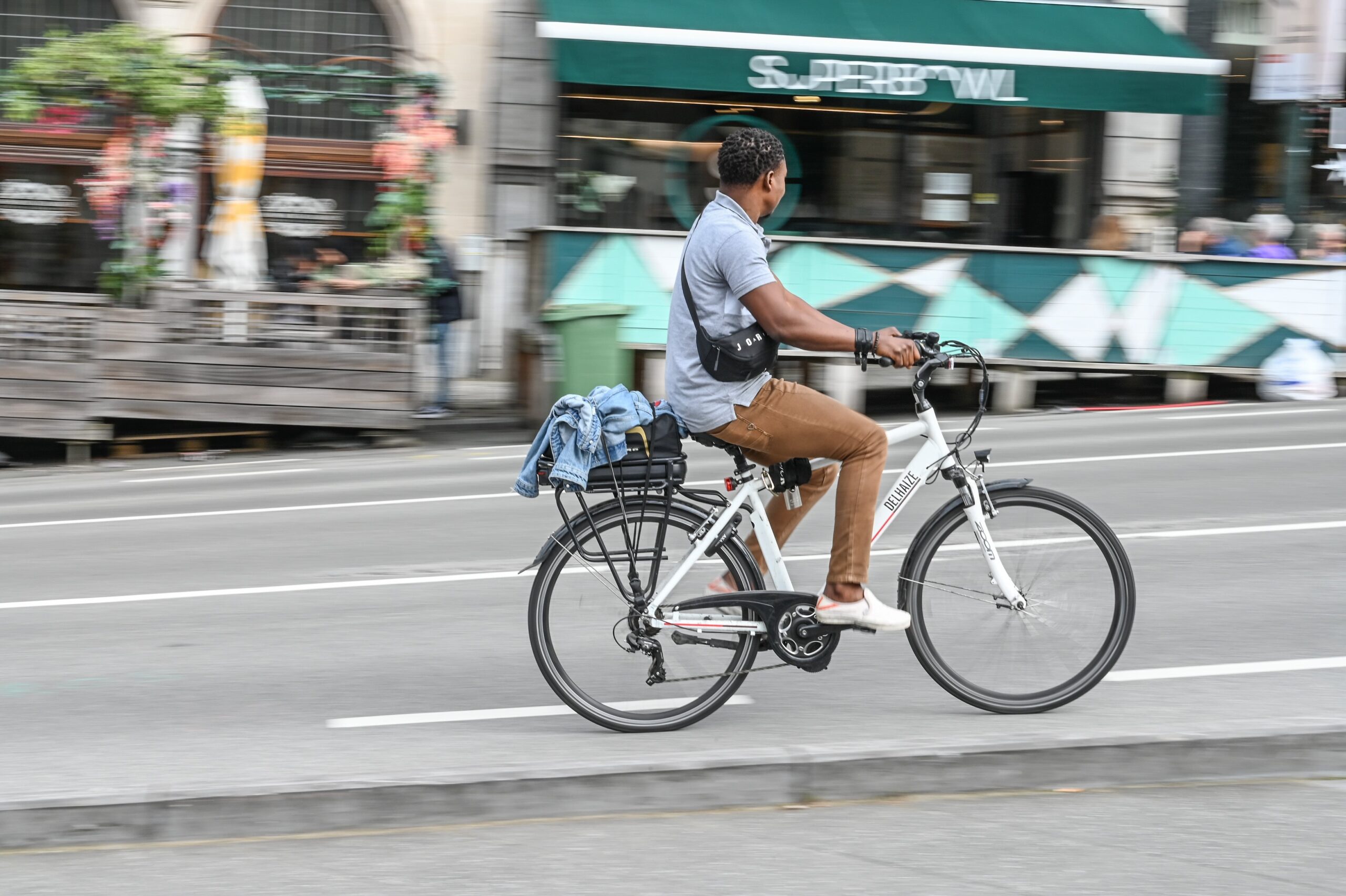
Cycling has become 40% safer in recent years

Cycling has become much safer thanks to the many investments in bicycle infrastructure, 30 kph zones, bicycle streets and zones, and other measures to discourage car use /Belpress
Cycling has become much safer over the last few years. The risk of dying on a bicycle has fallen by 40 percent in the last seven years. In 2


Comments
Ready to join the conversation?
You must be an active subscriber to leave a comment.
Subscribe Today